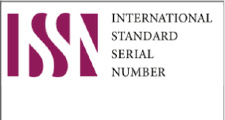Securitization of Uyghur Muslims: An Analysis of Competing Arguments
Keywords:
Human rights, Liberalism, Securitization, Uyghur, West, XinjiangAbstract
Uyghurs are the largest ethnic group in the Xinjiang region of China. The geostrategic location of the region helps in securing the national interest of the Chinese state by playing a few crucial roles: it is the connection of China to Central Asia and the Middle East, it has helped establish new branches of the BRI, and it is energy-rich to fulfil China’s energy needs. Therefore, the stability of the Xinjiang region is synonymous to safeguarding the Chinese economic interests. Internationally, the spotlight on the Uyghurs was shone through the 2009 Urumqi riots that saw the death of 184 individuals. By employing the methodology of structured literature review it has been understood that two competing arguments exist pertinent to the Uyghurs – the Western perspective and the Chinese perspective. The Chinese state has been under criticism from the liberal West for subjecting its Uyghur Muslim minority to abject forms of torment and committing gross human rights abuses against them. In a competing argument, the Chinese perspective rooted in the securitization theory views the Uyghurs as a security threat to justify the extraordinary security practices exacted against them to curb terrorism. This article concludes by suggesting a political solution to the Uyghur problem lest this spiral into a protracted and intractable issue creating regional instability.























